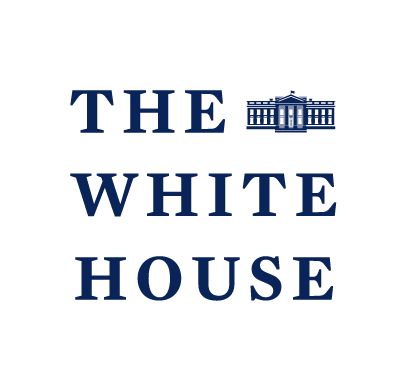452 reads
U.S. Debuts National Standards Strategy, Prioritizes Transparent International Standards Development
by
May 14th, 2024
Audio Presented by

The White House is the official residence and workplace of the president of the United States.
About Author
The White House is the official residence and workplace of the president of the United States.
